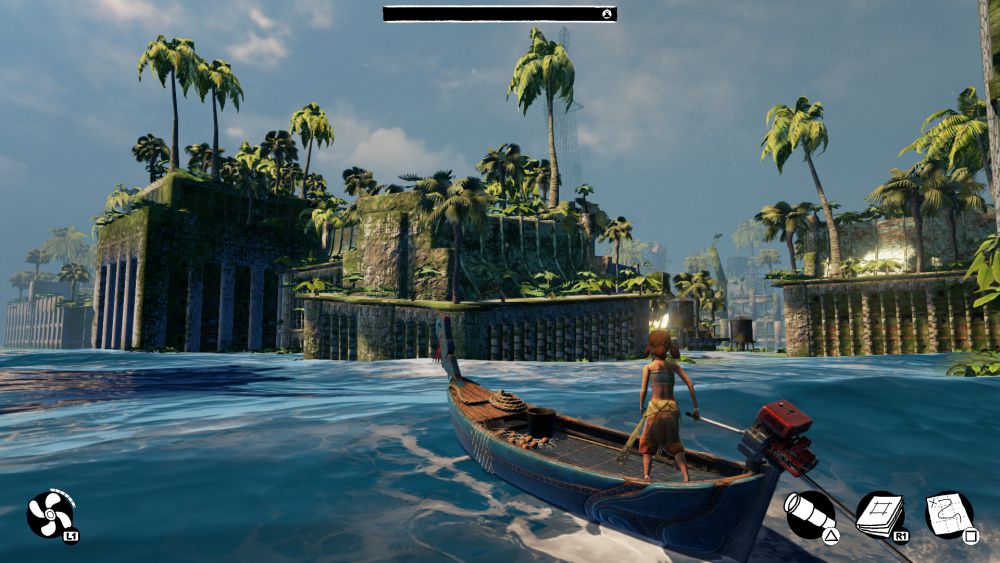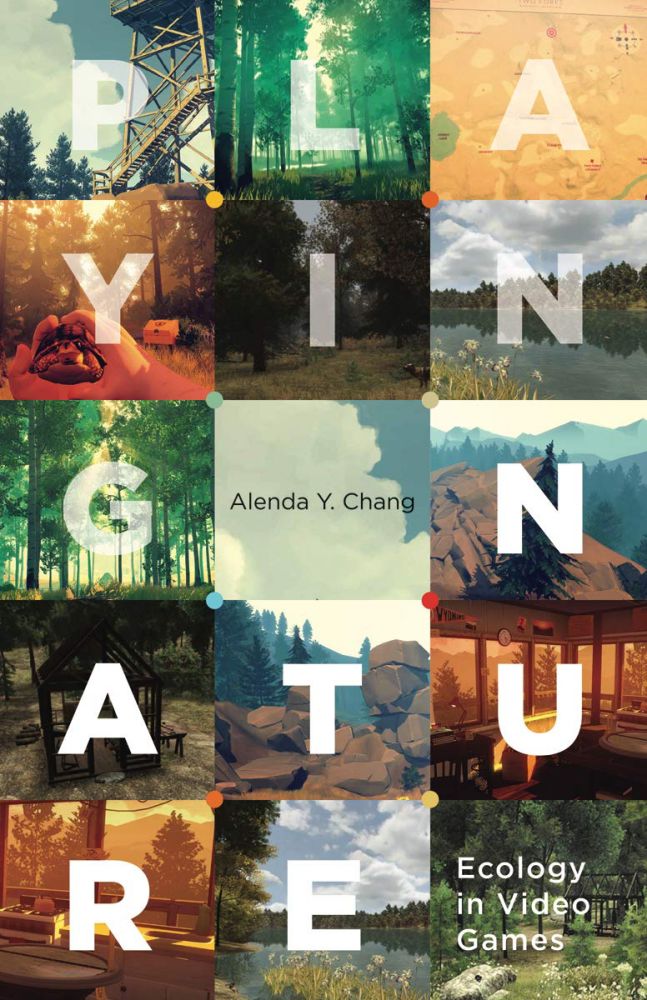
‘Playing Nature’


If you play video games, you know the joy of blowing stuff up or tearing through the landscape like a doomsday colossus. There’s a kind of consequence-free exhilaration that comes from digital destruction.
Alenda Y. Chang would like you to think about it differently. An associate professor in the Department of Film and Media Studies at UC Santa Barbara, Chang is the author of “Playing Nature: Ecology in Video Games” (University of Minnesota Press), a ground-breaking exploration of the intersection of gaming and the environment.
“The book makes the case that video games are a neglected part of the cultural landscape, and that they haven’t been read as part of the response to environmental crisis,” she said. “I’m also trying to develop new analytical frameworks for thinking and writing about games as well as designing them.”
Chang, a co-founder of the digital media studio Wireframe at UCSB, said the book is trying to appeal to scholars, developers and gamers to think more about the ways people interact with environments in games.
“Right now, most of those interactions are based on resource extraction and on spectacle,” she said, “the environment as eye candy or as a sort of infinite mine to be tapped for player development and civilization building or military building. And those are all fun, of course, but I also think it’s very limiting in terms of what it’s teaching players to think about. There’s no reason why we can’t offer more complex interactions and more realistic and interesting and dynamic ecosystems in contemporary games.”
So what does a more environment-focused video game look like? The possibilities are limited only by imagination. Chang and Intae Hwang, who received his Ph.D. in media arts and technology from UCSB in 2019, developed Corridors, which centers around wildlife mitigation techniques, what she called “the industry term for how you design or modify human infrastructure so that other species don’t end up as collateral damage, like building tunnels under highways.”
Corridors, she said, is a kind of mashup between the early LucasArts game Pipe Dream, which involved connecting pieces of pipes, and Konami’s Frogger, in which the goal was to get a frog safely across a busy road and river.
“We’ve been playing animal crossing games since the early days of arcades,” Chang said.
Corridors has five levels, and each one features a different mitigation scenario with animals such as loggerhead turtles and Christmas Island red crabs.
“This is definitely not [racing game] Gran Turismo,” Chang said. “It’s not a lot of heroic action. It’s really more about slowing down and being more mindful.”
That’s not to say games can’t be engaging and contain a positive message. Video games are often derided in the media as bad influences on youth, but Chang thinks they have the potential for much good.
“I know they are powerful ways of engaging the intellect and also the emotions,” she said. “I see them as a way of addressing environmental issues in a way that might successfully reach people that aren’t already convinced of certain things. So much of environmental rhetoric is finger wagging or very didactic or moralizing, and it is off putting to a large segment of the public. But games are obviously engaging and entertaining. And so it’s maybe a bit of a bait and switch, but I think there are ways to create entertaining and also informative or inspiring games that would get the otherwise un-involved involved.”
The book is interested in more than the playing and development of games, said Chang, noting that gaming has physical effects on the environment. Game consoles and high-end gaming computers, she notes, often have dedicated graphics cards and power supplies. They’re also data hogs that require high-speed broadband and terabytes of storage in the cloud. That’s easy to forget if you’re at home playing Minecraft.
“I’m really interested in how the game industry is impacting the world that we live in, in terms of all the material resources that are needed to build these shiny black boxes in our living rooms,” she said. “Gaming-oriented technology is always more power hungry and energy intensive than your average computational technology.”
Janet Walker, a professor of film and media studies and former chair of the department, praised Chang’s book as the first book-length work that seriously explores how games skirt, distort or add to ecological knowledge.
“Its measured engagement with the fundamental scientific notions of biodiversity, pollution and species, and its readiness to take on pressing challenges of climate change and ‘the Anthropocene’ point to a humanities scholar who not only understands the debates and scientific positions in the biological sciences, but also how a consideration of media in its figural and material manifestations enriches these discussions in productive ways,” Walker said.



